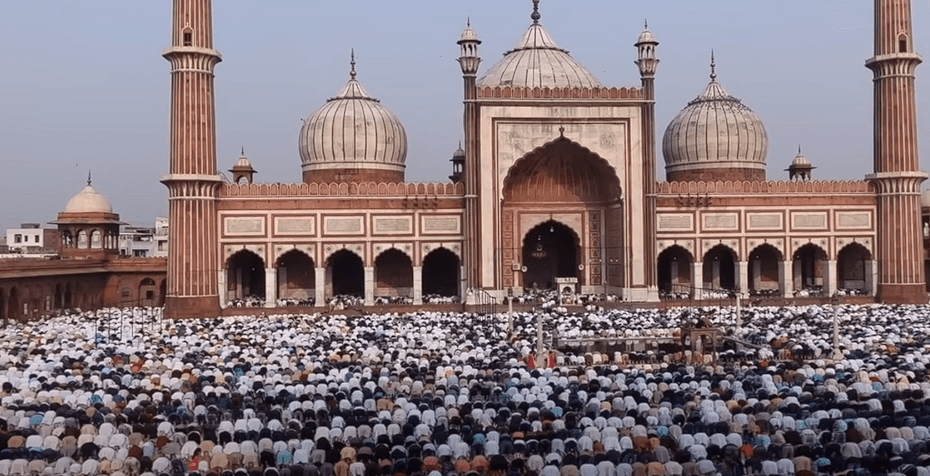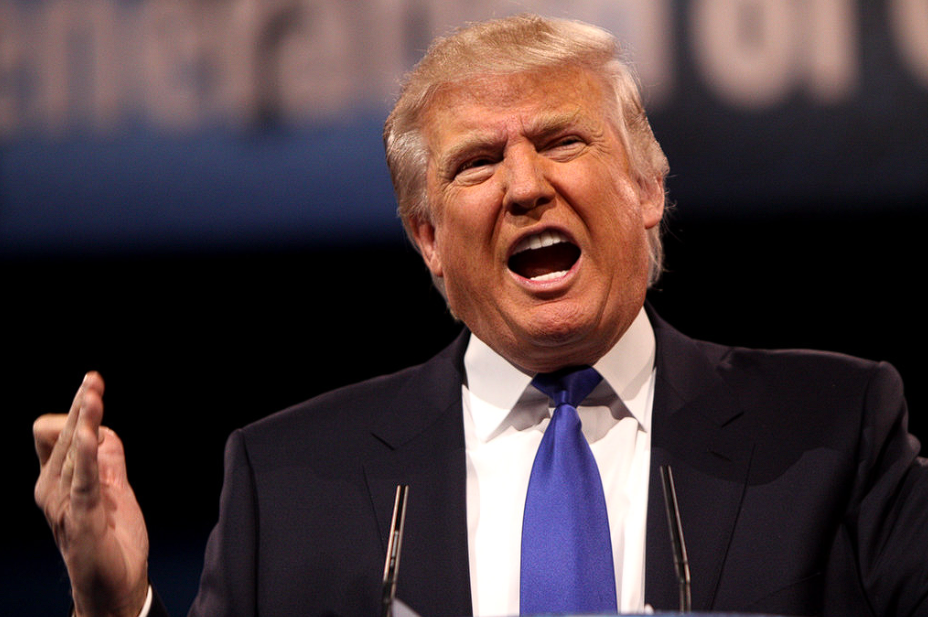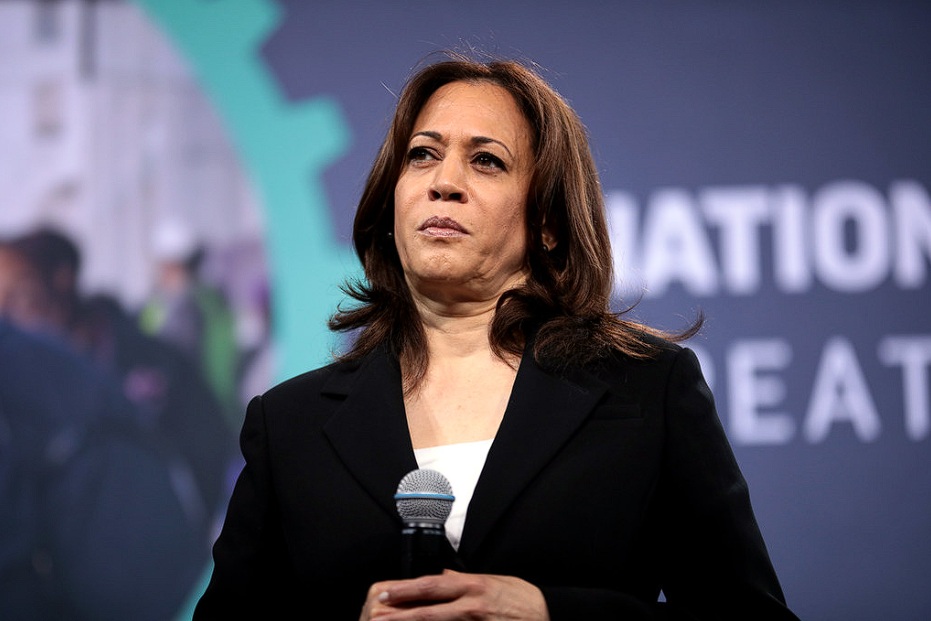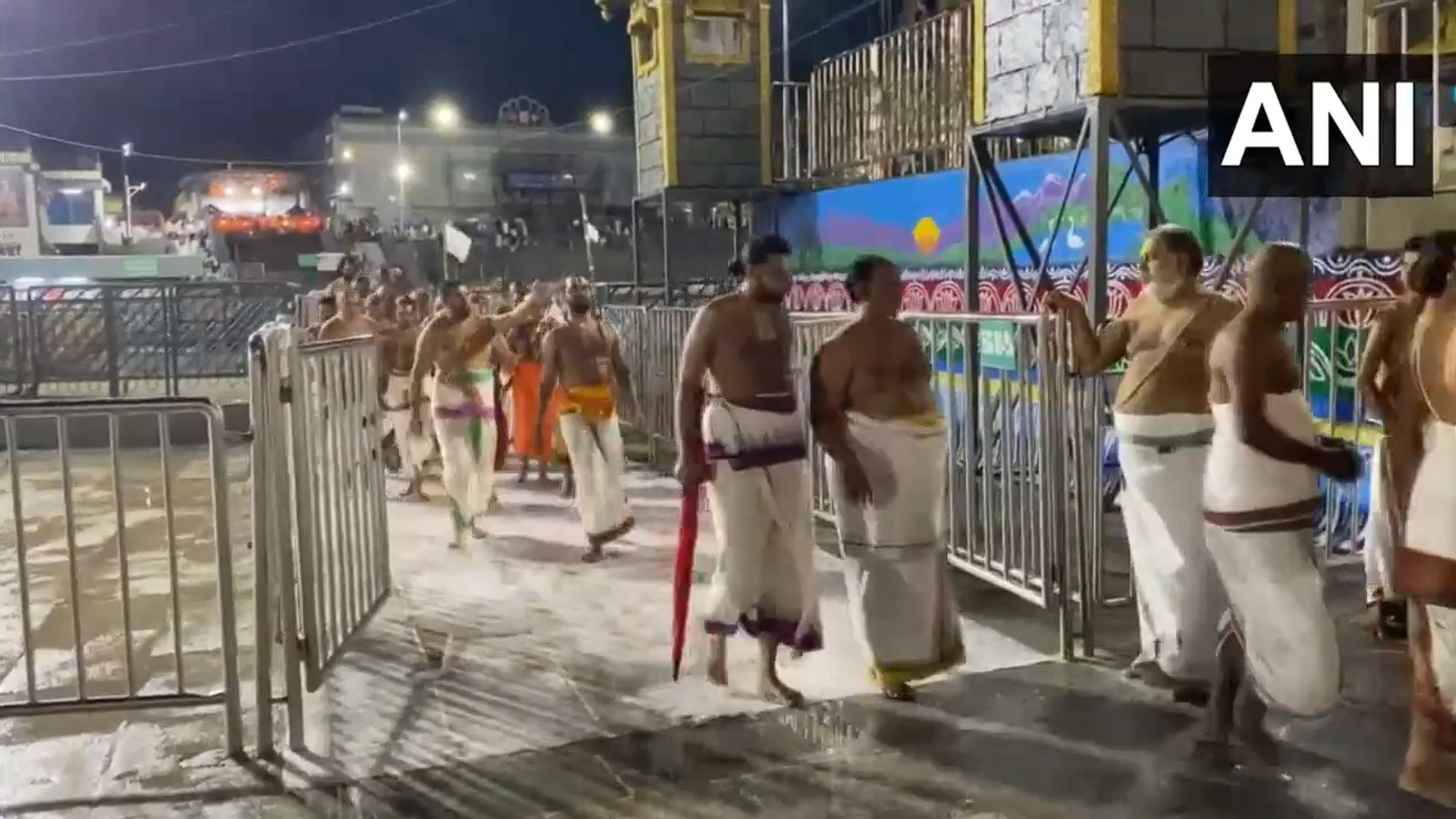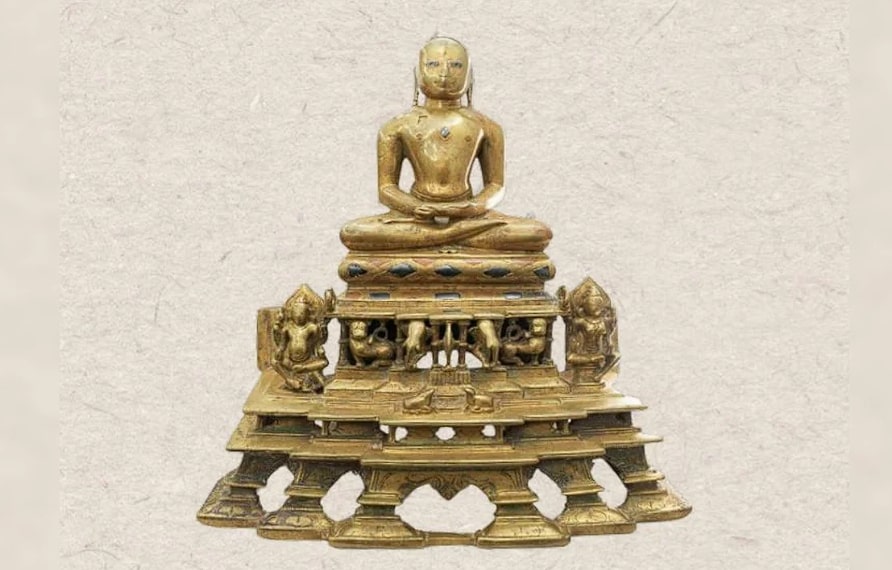Table of Contents
Introduction
The Popular Front of India (PFI) is a socio-political organization in India that has been at the center of numerous controversies and legal battles. Established in 2006, the PFI has faced allegations ranging from involvement in terrorist activities to anti-national activities. In 2022, the Indian Ministry of Home Affairs banned the organization, citing security threats to the nation. This article delves into the details of the PFI’s formation, its activities, the allegations against it, and the legal proceedings that led to its ban.
The Formation and Evolution of PFI
The Popular Front of India was established as an umbrella organization aimed at addressing various social, economic, and political issues. It emerged from the National Development Front (NDF), a Kerala-based organization formed in 1992 following the Babri Masjid demolition. Over time, the PFI expanded its reach across multiple states in India, advocating for the rights of marginalized communities.
Objectives and Activities
PFI described its mission as working towards the empowerment of minority communities, especially Muslims, through socio-economic and political means. It focused on issues such as education, employment, and civil rights. The organization conducted various social service activities, including health camps, legal aid, and awareness campaigns.
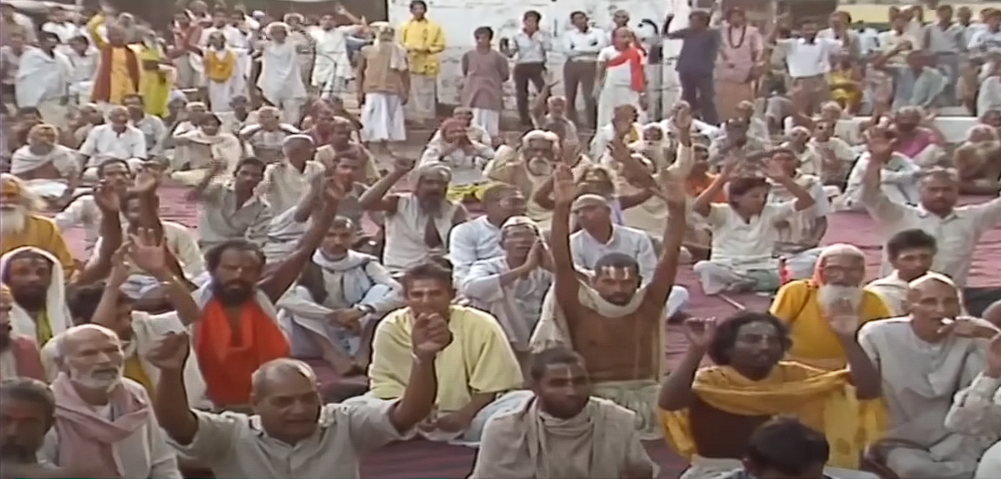
Allegations Against PFI
Despite its stated objectives, the Popular Front of India has been embroiled in numerous controversies. The key allegations against PFI include:
- Involvement in Terrorist Activities: The organization has been accused of engaging in or supporting terrorist acts. Several of its members have been arrested on charges related to terrorism.
- Anti-National Activities: PFI has been accused of promoting anti-India sentiments and radicalizing youth towards anti-national activities.
- Links with Other Terrorist Organizations: The organization allegedly has connections with banned groups such as the Students Islamic Movement of India (SIMI) and international terror outfits like Jamaat-ul-Mujahideen Bangladesh (JMB).
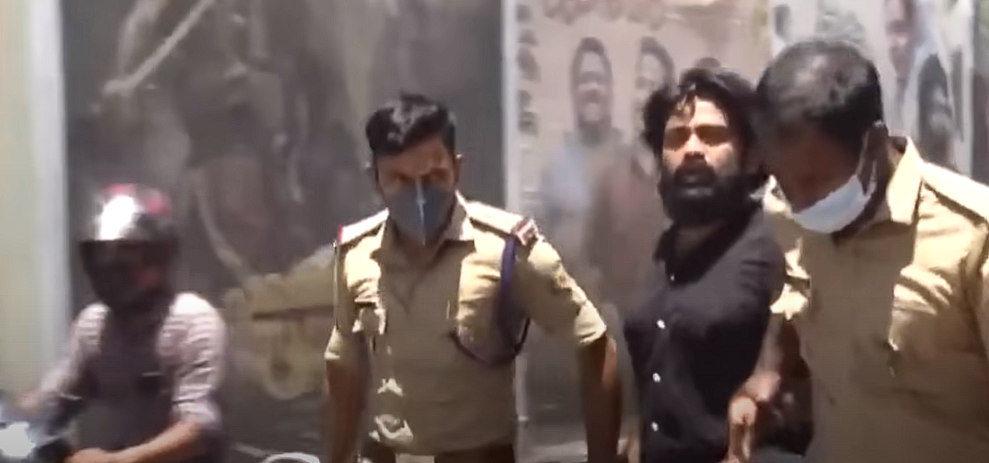
The Ban and Legal Proceedings
In September 2022, the Ministry of Home Affairs banned the PFI under the Unlawful Activities (Prevention) Act (UAPA), citing its involvement in anti-national activities and threats to national security. The ban followed a series of raids across the country, leading to the arrest of several PFI leaders and members.
High Court Involvement
The legal battle continued as PFI leaders filed bail applications and contested the ban in various courts. The Bombay High Court played a significant role in these proceedings. In one notable instance, a bench comprising Justice Ajay Gadkari and Justice Shyam Chand rejected the bail applications of key PFI leaders, citing substantial evidence of their involvement in conspiracies against the state.
Vision 2047 Document
A critical piece of evidence in the case against PFI was the “Vision 2047” document. This document allegedly outlined a plan to convert India into an Islamic state by 2047. The court considered this document as a significant threat to India’s sovereignty and security, further justifying the ban on the organization.
Organizational Structure and Funding
The PFI’s organizational structure and funding sources have also been under scrutiny. The organization operates through various state and district-level units, and its funding has raised concerns. Investigations have revealed that the PFI received significant financial support from both domestic and international sources, including countries hostile to India.
The Role of Security Agencies
Indian security agencies have been actively involved in monitoring and investigating PFI’s activities. The National Investigation Agency (NIA), along with state police forces, conducted multiple raids and arrested several members linked to various criminal activities. These efforts were instrumental in gathering evidence leading to the organization’s ban.
Public and Political Reactions
The ban on PFI has elicited mixed reactions from different sections of society. While some political leaders and security experts have supported the ban, citing national security concerns, others have criticized it as an act of political vendetta against a minority organization. Public opinion remains divided, with debates continuing about the balance between security and civil liberties.
Comparison with Other Organizations
PFI is often compared to other organizations like SIMI and JMB, given the similar nature of allegations against them. SIMI, a student organization, was banned in 2001 for its alleged involvement in terrorist activities. JMB, a Bangladeshi terror outfit, has also been linked to several terror plots in India. The pattern of radicalization and anti-national activities observed in these organizations mirrors the accusations against PFI.
Future Implications
The ban on PFI has significant implications for India’s security landscape and the broader socio-political environment. It underscores the government’s stance on dealing with organizations perceived as threats to national security. However, it also raises questions about civil liberties and the treatment of minority organizations in a democratic setup.
Conclusion
The Popular Front of India (PFI) remains a controversial entity with a complex history and a web of allegations surrounding its activities. While the organization’s stated goals were to empower marginalized communities, the serious accusations of terrorism and anti-national activities have overshadowed its mission. The ban imposed by the Ministry of Home Affairs, supported by substantial evidence presented in court, marks a crucial chapter in India’s fight against internal security threats. As the legal and political battles continue, the PFI case serves as a reminder of the delicate balance between ensuring national security and safeguarding civil liberties.
In conclusion, understanding the full scope of the Popular Front of India’s activities and the reasons behind its ban is essential for comprehending the broader issues of national security and civil rights in India today.
“Trump Reveals Shocking Iranian Assassination Plot After Alarming U.S. Intelligence Briefing!”
Spread the loveFormer U.S. President Donald J. Trump, now a contender in the 2024 presidential race,…
“Behind the Scenes: How Silicon Valley’s Richest Woman is Secretly Powering Kamala Harris’s Political Rise”
Spread the loveThe friendship between Kamala Harris and Laurene Powell Jobs has not only become a po…
Tirupati Temple Purification Ceremony Amid Controversy Over Animal Fat in Ghee for Laddoos
Spread the loveThe Tirupati Temple, a sacred site for millions of Hindus, has found itself embroiled…
Pics: The 297 Antiquities US Handed Over To India During PM Modi’s Visit
Spread the loveIntroduction In a historic move, the United States handed over 297 ancient Indian ant…
Kalki 2898 AD Movie Review: 'Kalki' can give new heights to Prabhas' career
Spread the loveI was looking for a good movie for a long time. Here a good movie means a story that …
Apple has given this special feature in Airpods for the first time, the battery is very powerful, this is the price in India
Spread the loveApple has introduced the iPhone 16 series as well as AirPods 4 at its GlowTime event.…
